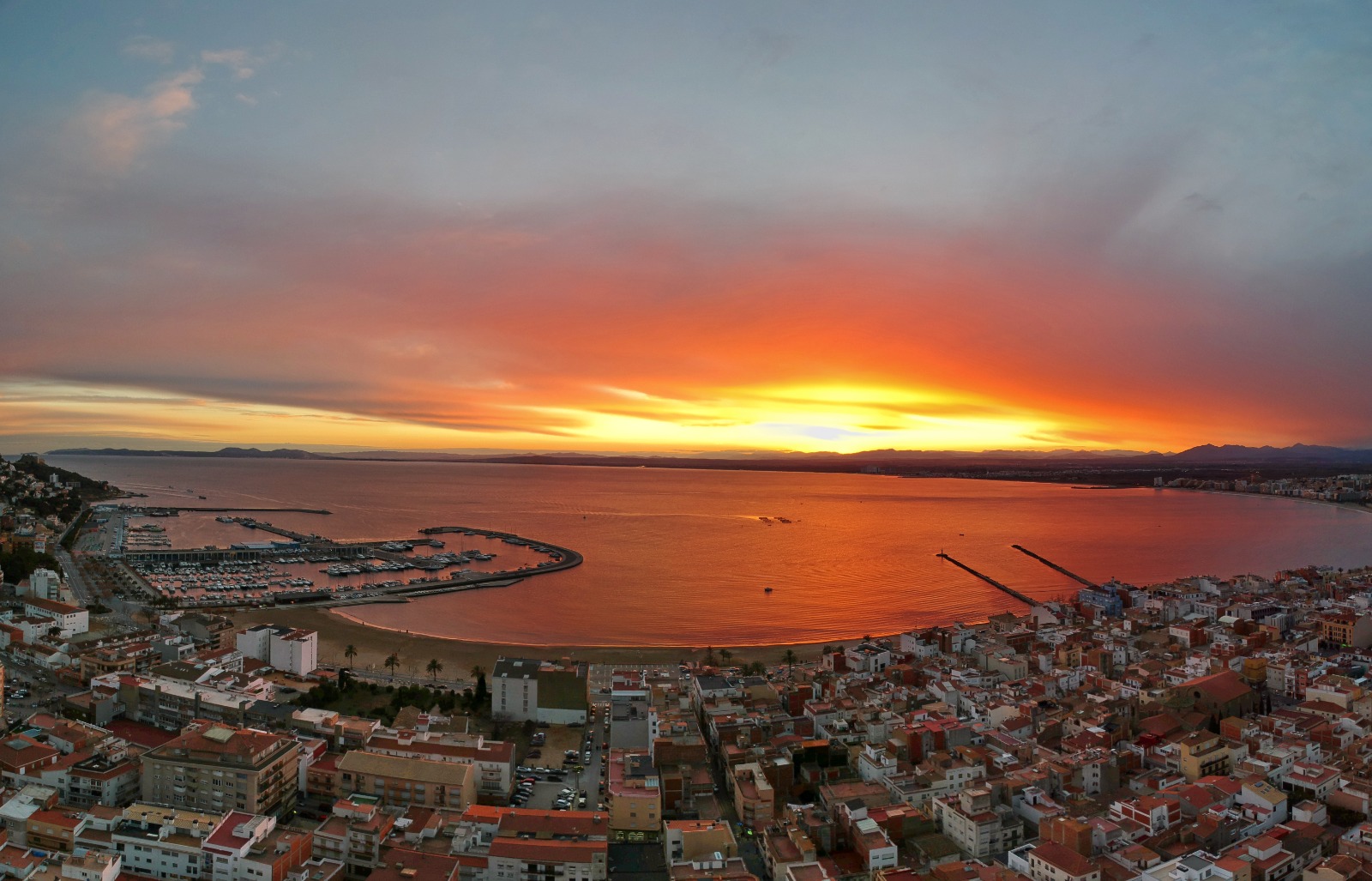BIOPAÍS
Evaluation and assessment of the ecological and social impacts of offshore wind farms in areas of high biodiversity and high landscape value: the example of Cap de Creus/Golfo de Roses.

.png)
The BIOPAÍS project aims to assess the potential ecological and social impacts of large floating offshore wind farms in the Spanish Mediterranean, taking as a case study the projects proposed in the area of ??Cap de Creus and Gulf of Roses (Costa Brava). Through an interdisciplinary approach that considers sensitive species, fragile habitats, fishing resources, landscape and society, the project aims to contribute to avoiding and minimizing the ecological, landscape and social impacts of offshore wind farms planned in areas of great biodiversity and high landscape value. The research is carried out by experts in marine biology and geography in collaboration with experts in physical oceanography, environmental law, engineering and geographic information systems technicians. In this way, the project will transfer the knowledge generated to marine managers and the economic sectors involved, as well as to society in general, to avoid or minimize its impact on marine biodiversity and the landscape, including ecosystem and cultural services. The results will allow marine managers to better plan offshore wind in Spain (including the design of monitoring potential impacts) and make decisions based on scientific knowledge, thus contributing to making offshore wind compatible with the conservation of marine biodiversity, landscape and environmental sustainability in the Spanish Mediterranean.
FUNDING
BIOPAÍS has the support of the Biodiversity Foundation of the Ministry for the Ecological Transition and the Demographic Challenge (MITECO) within the framework of the Recovery, Transformation and Resilience Plan (PRTR), financed by the European Union - NextGenerationEU.



















